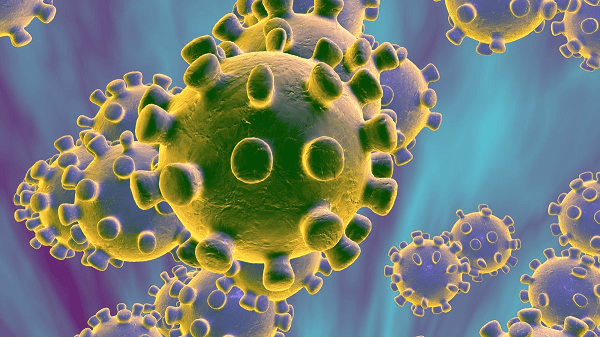
Religious, traditional leaders assets in fight against COVID-19 — Afrobarometer report
Results of an Afrobarometer survey conducted late 2019 suggest that religious and traditional leaders can be an important asset in efforts to implement measures to stop the spread of COVID-19 in the country.
The report said religious and traditional leaders enjoyed greater popular trust and more contact with citizens than most public leaders.
Advertisement
“A broader consultation with traditional and religious leaders who have close interaction with the people they lead might be an effective way to court public cooperation in the implementation of anti-COVID-19 measures,” the report said.
The report titled, “Trusted and influential: Religious and traditional leaders can be assets in COVID-19 fight,” was released in Accra last Tuesday.
The survey, conducted by the Ghana Centre for Democratic Development (CDD-Ghana), interviewed 2,400 adult Ghanaians in the last quarter of 2019.
It drew comparisons of the level of trust among key public officials from previous surveys conducted in Ghana in 1999, 2017 and 2019.
Greater trust
The survey report, signed by Afrobarometer’s Communications Coordinator for Anglophone West Africa, Mrs Josephine Appiah-Nyamekye Sanny, noted that religious and traditional leaders were among the most trusted people in Ghana, as 64 per cent of Ghanaians “somewhat” trusted the two officials while 55 per cent trusted them “a lot”.
Almost two-thirds, representing 64 per cent of citizens said they trusted religious leaders “a lot” or “somewhat,” second to the army (73 per cent).
“Traditional leaders ranked fourth, just behind the President, with 55 per cent of citizens saying they trust them “a lot” or “somewhat.”
“The two, religious and traditional leaders outrank other key public bodies, including Members of Parliament (41 per cent), assemblymen and women (41 per cent), and metropolitan, municipal or district chief executives (38 per cent).
It indicated that trust in religious and traditional leaders was high in most key socio-demographic groups.
It explained that rural, less uneducated, older and relatively poor citizens tended to trust them more than their urban, younger, highly educated and relatively well-off counterparts.
“More than two-thirds (69 per cent) of Ghanaians believe that traditional leaders have “a lot” or “some” influence in the governance of their local communities. Recognition of traditional leaders’ influence is widespread among key socio-demographic groups, including urban, young and economically well-off respondents,” it said.
Broader engagement
Mrs Sanny said though the government had chalked up some success with the interventions against COVID-19, there remained an urgent need for increased public sensitisation to ensure that the people acted responsibly to minimise the spread of the virus.
An effective strategy might be to leverage the influence of trusted informal leaders - religious and traditional- along with other local stakeholders as key resource in heightening public awareness on the disease and courting public cooperation.
“They are likely to improve compliance with social distancing measures and produce community-based solutions at little or no political or financial cost to the government,” she said.




